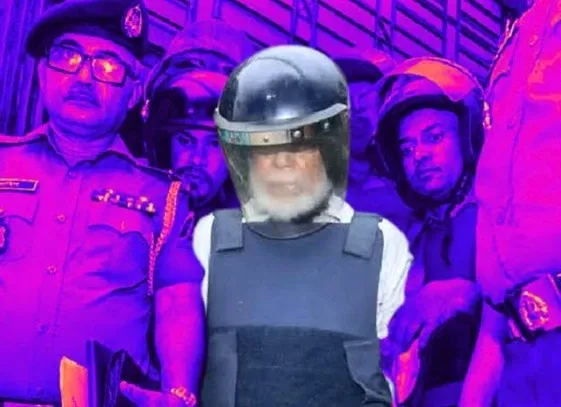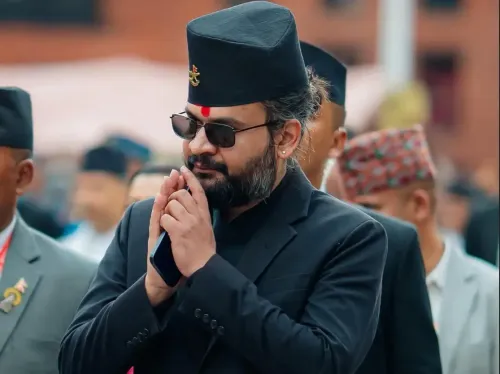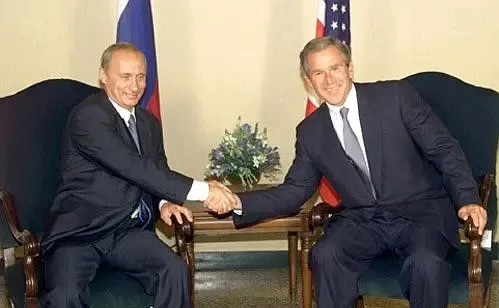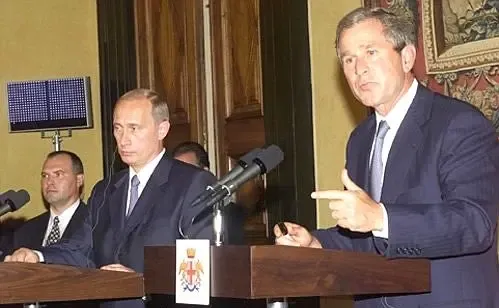Why Does the Awami League Condemn the Arrest of Former Chief Justice?

Synopsis
Key Takeaways
- The Awami League condemns the arrest of former Chief Justice A.B.M. Khairul Haque as unjust.
- The arrest is viewed as part of a broader repression under the Yunus-led government.
- Concerns are raised about the integrity of the judiciary in Bangladesh.
- The party demands the immediate release of Khairul and other political prisoners.
- This situation reflects a worrying trend of political persecution in the country.
Dhaka, July 26 (NationPress) The Awami League of Bangladesh expressed its strong disapproval on Saturday regarding the “unjust” arrest of A.B.M. Khairul Haque, the former Chief Justice who rendered the landmark verdict in the Bangabandhu assassination trial. The party condemned this action as part of the “ongoing repression” orchestrated by the interim government led by Muhammad Yunus.
Khairul was taken into custody on Thursday morning at his home in Dhaka, with police confirming the arrest but failing to provide any specific rationale.
Criticizing the Yunus administration, the Awami League stated, “The detention of a former Chief Justice exemplifies their blatant disregard for the rule of law—this was executed with malicious intent.”
“Accusations of murder against a former Chief Justice—what a ridiculous and outrageous claim! The citizens of this nation are losing faith in the judicial system under this illegitimate and oppressive government,” the party commented.
Additionally, the party expressed grave concern over the actions of the “illegitimate, usurping, murderous-fascist clique led by Yunus,” which continues to systematically deprive individuals from all walks of life of their basic and human rights nationwide.
“We, the Bangladesh Awami League, vehemently condemn and protest this arrest. The nation is witnessing the indiscriminate detention and imprisonment of journalists, lawyers, educators, intellectuals, judges, government officials, cultural activists, and leaders across various professions by this oppressive Yunus regime. This murderous-fascist group is committing unprecedented acts of persecution, torture, and suppression,” read a statement from the Awami League.
The Awami League has called for the immediate and unconditional release of former Chief Justice Khairul and all other political detainees wrongfully imprisoned.










